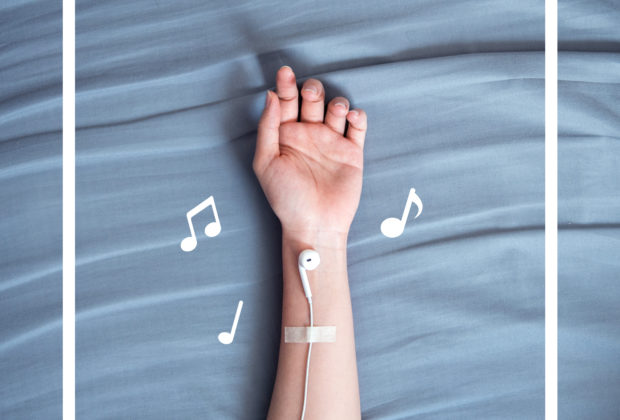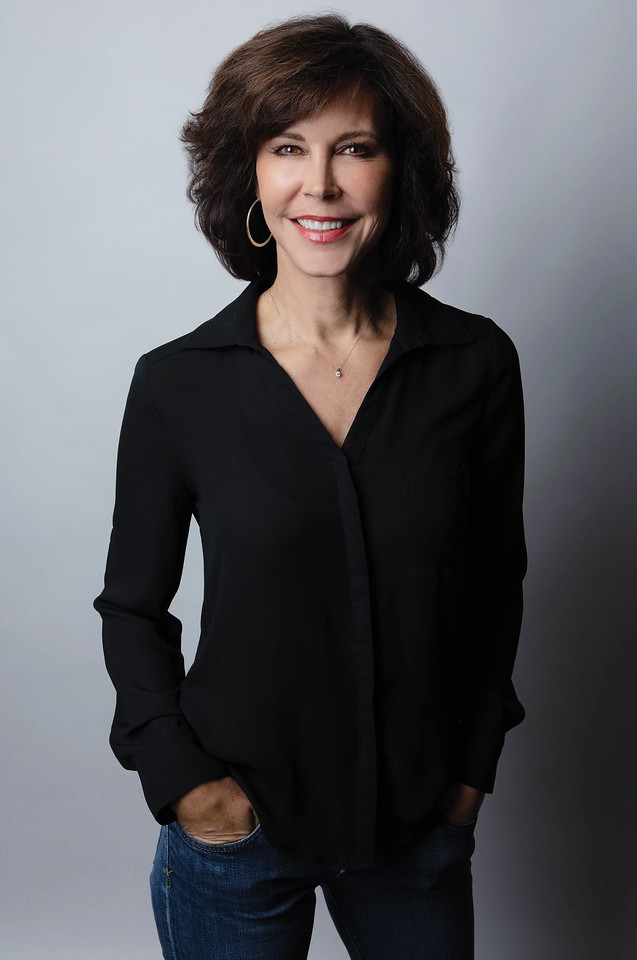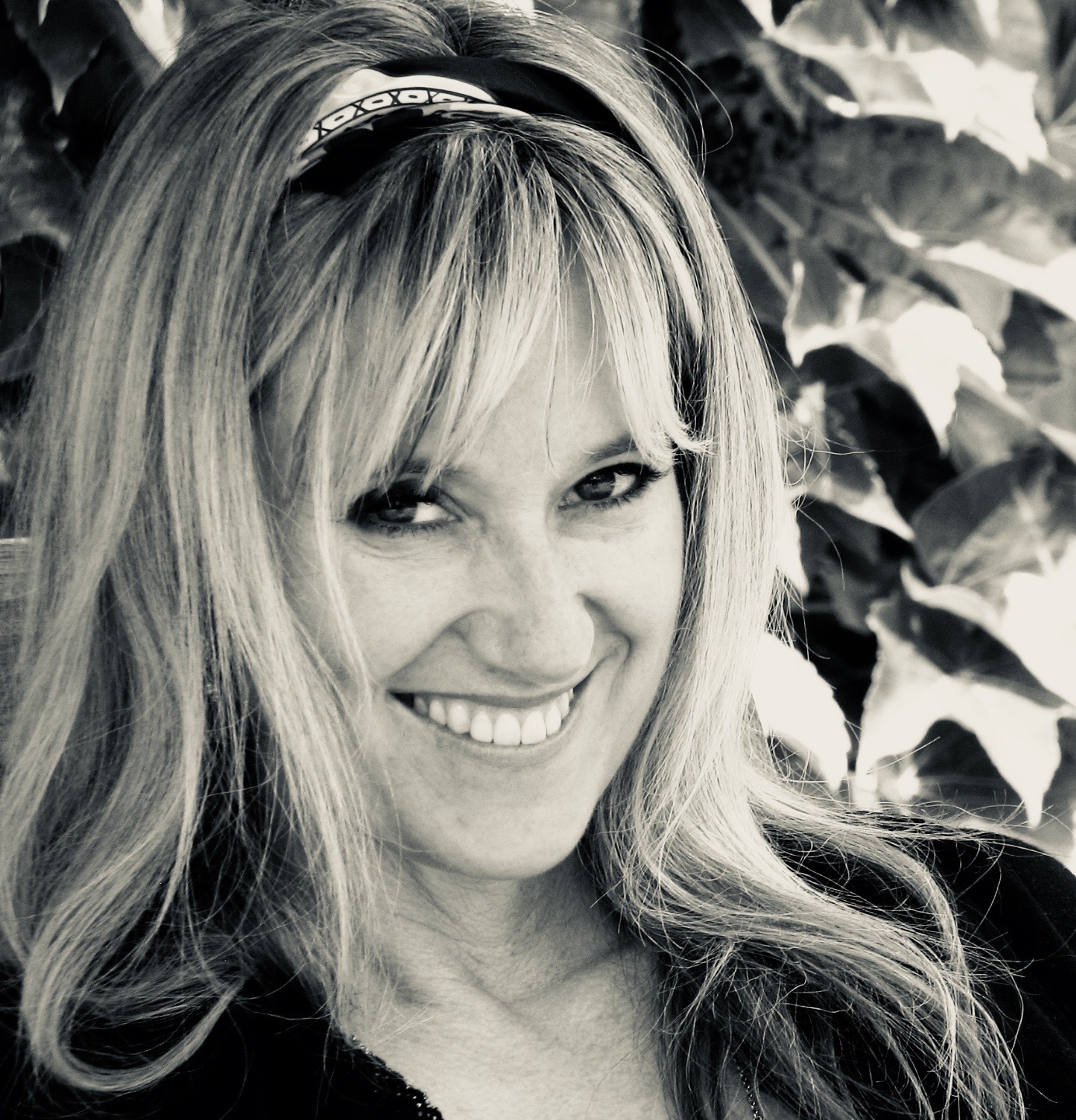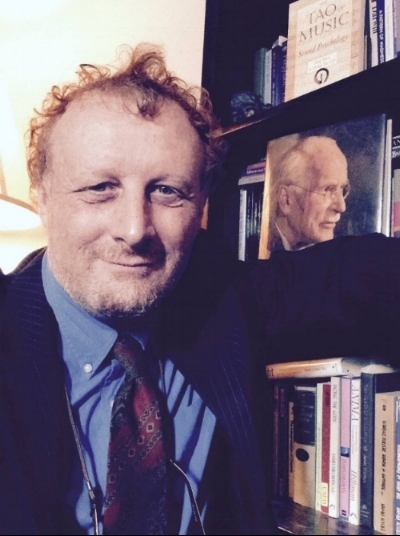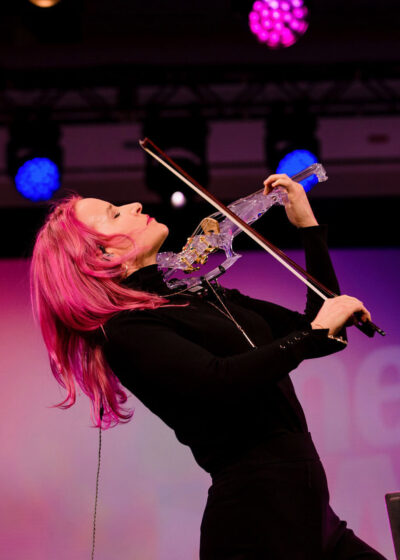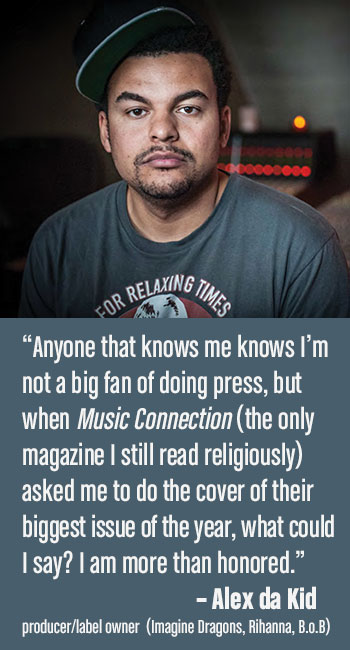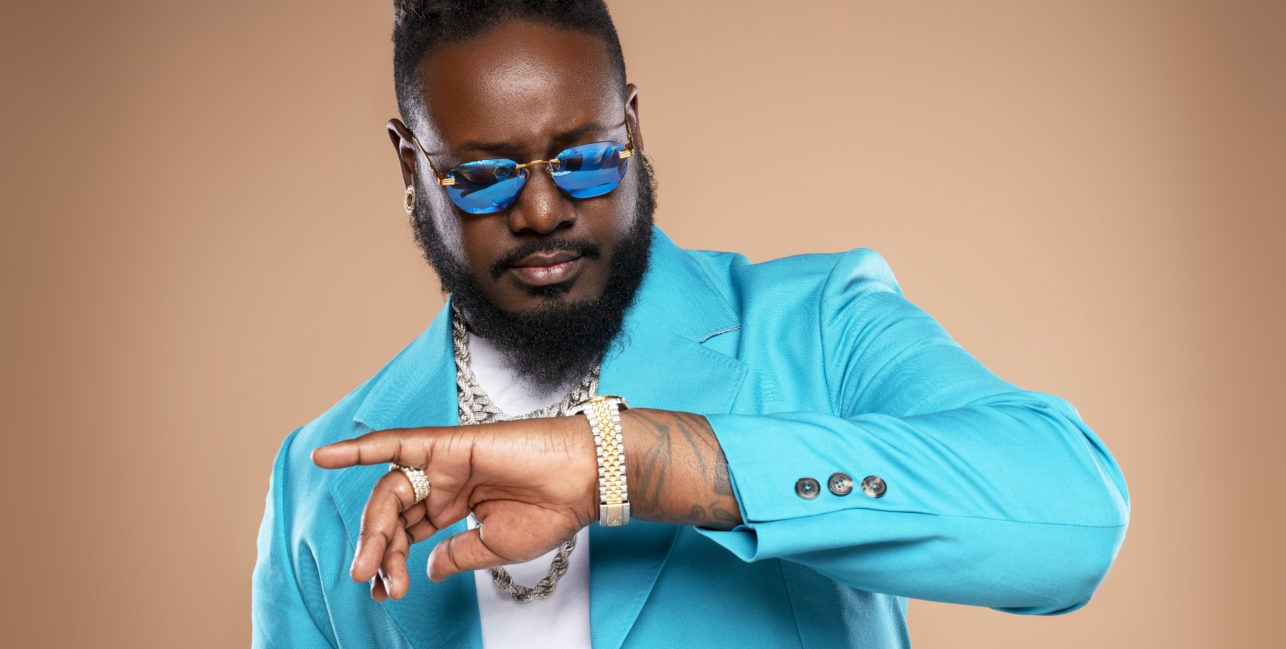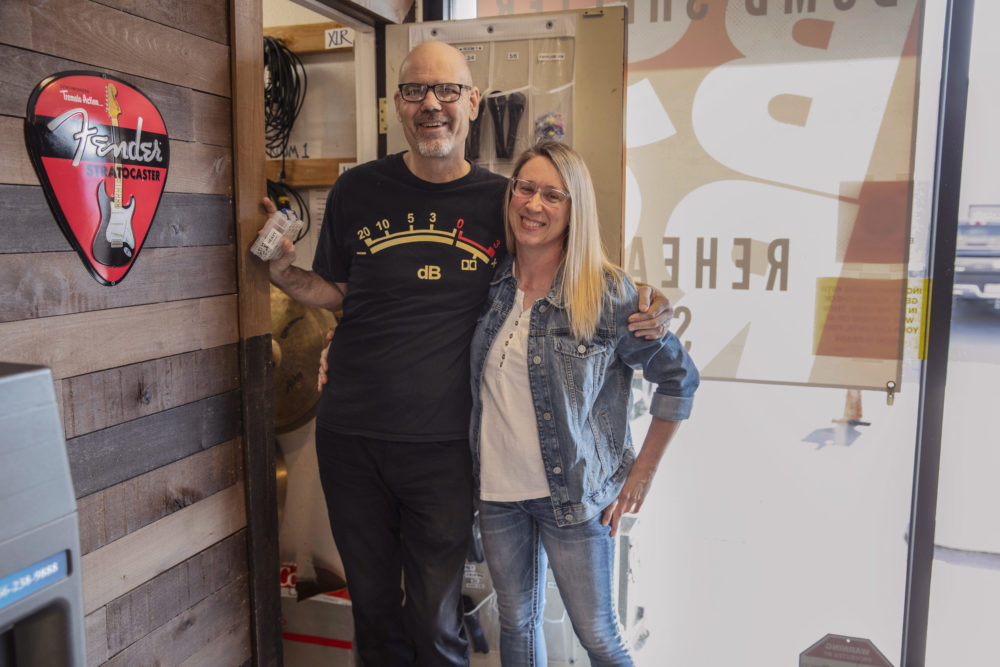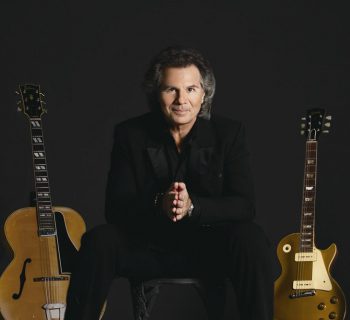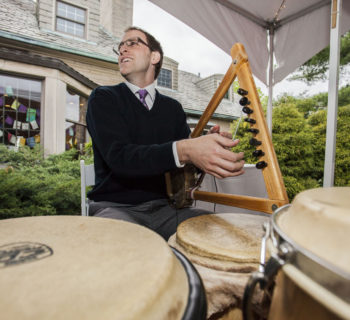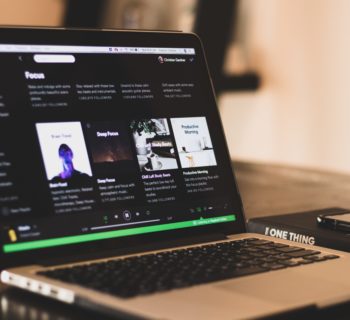Experts Discuss the Afflictions and Offer Options for Care
For way too long, the issue of the mental health of musicians (as well as other people in creative professions) has been pushed aside and/or brushed off. Various addictions––be it substance, sex or anything else––have been romanticized and considered par for the course. The lifestyle of a musician. Even a perk. Depression has long been considered fodder for lyrical depth. These attitudes are, of course, crass and destructive.
Comedian Bill Hicks may have had a point when he said that all of the great albums were made by artists who were under the influence of drugs, but that likely has more to do with the prevailing attitudes of the time than some narcotic-induced creative enlightenment. Today, however, it’s time we started prioritizing the wellbeing of our musicians, rather than reveling in their spirals and then feigning shock when obituaries are written.
To that end, we sat down with four professionals who know better than most just how important mental healthcare is, for everyone, but for these purposes specifically for musicians. Debbie Carroll is an executive with nonprofit MusiCares; Michele Blair is a psychotherapist in private practice; Michael Mollura is a clinical psychiatrist in private practice; and Laura Escudé is a musician and creator of the Transmute program.
Music Connection: Could you each tell us what you do on a day-to-day basis?
Debbie Carroll: My title is Vice President of Health and Human Services [with MusiCares], and in my role I oversee our programs and services nationwide. That includes development, implementation and also providing individuals who reach out to us for financial assistance.
Michele Blair: I’m a psychotherapist in private practice. People come to me for all kinds of mental health issues, but I do specialize in working with performing artists and artists in general, because I have a background myself in the performing arts. I was dancer and performer for a long time, and then I started to study psychology, which was a very interesting crossover between the storytelling of theater and dramatic arts, and dance, and the human condition. All the good, the bad and the ugly.
Michael Mollura: I am a PhD clinical psychiatrist in private practice in Beverly Hills and online. I specialize in working with people in the entertainment industry––a lot of musicians and composers––and I am a composer myself. I see about seven or eight patients a day, and I do basic psycho-analytic practices for depression, dysphoria, anxiety and panic, chronic pain issues and grief.
Laura Escudé: I am a violinist and music producer. I created my Transmute program to help artists holistically create their live shows using technology and to be able to empower them to create everything on their own in terms of all the technology and software it takes to build creative live performance. It’s more of a technical program for artists to learn performances, but I do have mental components within the program to help augment it, to make it more holistic.
MC: Are musicians, and artists in general, more susceptible to mental health issues?
Carroll: We all have mental health––just living, breathing, emoting humans. We have found through the various research that creatives do have a higher propensity for issues such as depression and anxiety. It could be a wiring issue, just their general DNA. Or it could be an environmental issue or a combination of both. But research does show that creatives in general do have a high propensity to struggle from those types of issues.
Blair: Oftentimes musicians can be more right brain dominant. So, more creative on the emotional side of things. Of course, that can create much more sensitivity to life and surroundings, and be more in tune with all of those things. It can maybe set one up to be a bit more vulnerable to that. Also, part of the wonder and miracle of being human beings is that, in general, we’re real survivors. Our systems and our bodies try to find ways to self-regulate and make it through tough times. If people have been through some trauma, it’s very common to turn to music to survive those times.
Mollura: I would say creatives are a little bit more vulnerable to deep experiences of their emotions and feelings because their job is to be connected to the sort of feelings that most people tend to either avoid or repress. So, the experience of confronting one’s own feelings about loss for example, even love and various aspects and feelings, is very overwhelming. The lifestyle of a creative, especially I think musicians, being that it’s a lot of pressure to perform both live and in the personal life, to generate material, it puts a lot of pressure on the brain to be able to adapt and survive its environments. Often, they can become vulnerable to addictions of all kinds.
Escudé: Absolutely. Especially touring, there is a lot of stress, and it can become very difficult to take care of yourself on tour. One of the reasons I created Transmute is because I myself had a health breakdown in 2016 after touring incessantly. I decided to build a better model for myself as well as all the different artists in my circle. To be able to tour and perform in a more sustainable fashion.
MC: What don’t the public “get” when they see a Chris Cornell or Kurt Cobain seem to have it all but suffer so deeply with depression?
Carroll: I think, in general, that fame and wealth don’t equate to happiness, nor mental health stability. These artists are human, and they have the same struggles that everybody else has, but it may be at a different level or a different light. It can often be very difficult for someone who is famous to receive the care that they need to address a topic such as mental health. Being vulnerable, or also the fear that PR or the world will know about it when you’re trying to deal with something that’s very personal, can be difficult.
Blair: It’s such a multifaceted issue, and I’m so aware of what’s been happening in recent years––this escalation of suicides and deaths and addiction, overdose and all these things. Two aspects that I see: one is the fame component of it, where it’s very difficult for somebody who isn’t fully formed, doesn’t have a solid sense of self, and maybe has been seeking acknowledgement or praise by pursuing a career as a performer. Maybe trying to get that from the audience and from the outside. The other part is, just the nature of the industry now is so difficult and challenging even just to make a living. It seems like everybody is making a living but the artist.
Mollura: It’s a lack of empathy. It’s hard to imagine what it’s like to be in a position of fame of that nature. One of the biggest problems I think that comes up in that situation is misidentification. We identify Kurt Cobain or Chris Cornell as a certain person that they can’t nor do they want to live up to. For the artist, it becomes a constant burden on the ego to be seen a certain way. Imagine living like that. It’s extremely overwhelming, and creates anxiety, then potentially depression and other disorders such as schizophrenia.
Escudé: Now, a lot more musicians are coming out about the mental health aspect of being in the music industry and touring. But I feel like, in the past, there wasn’t that representation––people want to show their highlight reels on social media that everything is hunky-dory on tour, it’s wonderful and they’re living their best lives. But what they don’t show are the really long days and nights, not sleeping well on the tour bus and being surrounded by a lot of different people with interesting energies. Not being able to communicate. Not being presented with healthy options for food, and not having privacy. You don’t have time on your own when you’re traveling on a tour bus with 10 other people. Those are the things that people don’t see. It’s not as easy to focus on your self-care when you’re touring.
MC: Are men particularly at risk because they’re traditionally less likely to ask for help?
Carroll: I’m seeing that change, and I’m thrilled with that. We’re seeing an equal amount of men and women reaching out for mental health support. The more that people destigmatize mental health, or are willing to reach out and realize that support is available, the more those folks who are concerned about mental health and have some shame associated with that are willing to reach out.
Blair: I think it’s getting better and improving, but it’s still there, for sure. Even for women. Really overall, there’s still a stigma about mental health, and a lack of understanding about how deeply connected this all is with physiology as well. Someone might have a nervous system or a brain that’s predisposed to releasing certain chemicals or mental illness just by inheritance. It truly is no different from any illness. You have diabetes, so you go to the doctor and you get insulin, and take that each day. Mental illness does have the stigma still, but the conversation over the past few years has been really wonderful, as known musicians come out and share their stories, and speak about their own experiences.
Mollura: I think it’s changing, and it really depends on the level of fame. I think for a lot of people now, seeing a psychologist or asking for help is almost a social status on a certain level. Most, if not all, that I come across are getting help or have gotten help. It can become embarrassing or shameful if it has to do with certain addictive behaviors. For example, sex and love addiction is very common, but it can be very triggering because the environment feeds the need to act out. AA is very confidential; everyone is generally kept anonymous through the fellowship. There’s less stigma attached to that than there ever was.
MC: Is it still a concern within LGBTQ+ community?
Carroll: I’m a “glass half full” kind of person, so I will say that I do believe that the world is becoming more accepting. Those who are still discriminatory against people who are different and unique, they’re becoming a smaller and smaller voice. So the more honest dialog about maybe some areas that we’re not all familiar with in terms of discrimination, just by talking to folks who are different and unique, the better we’ll be and the more accepting the world will be.
Blair: One of the reasons that population is so vulnerable is because of the unbelievable controversy that still exists around this and the backlash that they can experience. People in this population that I’ve worked with tend to know themselves really well, in general. They know who they are. It’s other people who aren’t getting it. That’s the real danger, so it’s something to keep one’s eye on. It’s devastating, because when that’s your identity, that’s who you are. When random people in the public are trying to keep you down, it can really bring one into a terrible state of depression.
MC: What are the dangers of social media?
Carroll: People can be surprisingly cruel on social media, in a way that continues to surprise me. Just nasty. I think if people paused and realized that there’s a human being that you’re talking to with whatever comments you make, I would hope that will change some of the dynamic and some of the struggles that we’re dealing with related to social media.
Blair: Social media has overall been terrible for mental health, just across the board. It’s toxic on so many levels. There are multiple aspects of that. Two pieces of the puzzle: say there’s a musician who hasn’t made it yet and they’re strolling through the musicians that they idolize, and they start to compare––that’s the key word. Comparing oneself to what we see on social media. It’s such a recipe to exacerbate depression, anxiety or imposter syndrome. Feelings of insecurity and low self esteem. The other piece, of course, is if somebody posts something and there’s a negative backlash. A toxic backlash to what they’ve said. People can be so cruel. It’s provided this place for people to lash out with all their unresolved material almost anonymously.
Mollura: Social media generally can be toxic for people who struggle with addictive acting out. Overall, it can be very challenging, because it’s so easy to be misunderstood and the interactions on social media are far from being concrete or clear. It’s very easy to get into antagonistic correspondences with people, because they think you’re saying or doing something that they disagree with. So generally, social media is a breeding ground for miscommunication that can lead to deeper experiences of anxiety and depression. And the fear of being isolated or even abandoned by the culture.
Escudé: We have to get our projects––our music and our ideas––out there somehow. But when there’s the obsession over it and the constant checking of the likes, that ends up dictating how our mental health is or how our day’s going. If someone said something as a comment that’s not particularly kind, that ruins all of the other hundreds of comments that are supportive. That’s where it can get tricky. You have to be really discerning about social media and how we use it.
MC: The COVID lockdown hasn’t helped…
Carroll: We saw a lot of reaction to that. Mainly we heard identity crises and individuals talking about how they used to always be on stage holding a guitar or working a festival or traveling for weeks at a time, and then having to change, and being in lockdown and homebound really caused them to have to think about “Who am I? Am I placing too much emphasis on who I am as a professional versus who I am as a person.” I think that causes significant amount of mental health crises, in addition to also the angst and fear about getting back out there and working again, which adds a whole new element of concern. So now that the pandemic is lifting, we’re hearing a lot about people being concerned about safety, when they’re back out on the road.
Mollura: COVID had a really intense impact on musicians and the music industry. Most certainly because it activated a lot of separation anxiety. Separation from live interactions with their audiences would certainly lead to the experience of feeling alone and disconnected from that which is the blood of their work. The interactions with one’s fans is completely different when you play a concert rather than interacting on social media, for example, or doing a livestreamed concert. Then there’s the economic side to it. Most musicians today make their money off of playing live and selling their merchandise at shows. So COVID certainly had an impact in that way as well.
Escudé: The lockdown was helpful to a lot of people, including myself, because it gave me the time and space to actually focus on my mental health and focus on healing and some of the challenges that I’ve had in the music industry, especially related to body image and diet culture. So it was an important time for me, to be able to take a look at these things and to be able to heal them, and know that, especially over the past year, there’s been more resources that have come out to help artists with their mental health. That’s been really exciting, that people, especially artists, are being more forthcoming about their journeys. I wrote a couple of articles on Medium about my health journeys.
MC: So what can be done?
Carroll: Individuals can reach out to MusiCares to find out more information about us on our website, which is musicares.org. We have a long list of resources available, whether you’re a music person or not, to receive mental health support. If you are a musician or a music person––we qualify that as three years working in some capacity in the music industry––then you can reach out to MusiCares and we can provide funding and a connection to a therapist, live coach or psychiatrist. Even in-patient care, if that’s needed.
Blair: There are so many resources online now for various different things. I’m a huge fan of mindfulness. I do believe that’s a practice that trains the brain how to redirect anxious thoughts and, as a result, anxious feelings. There’s an app called Headspace. You push play on your phone and there’s a friendly voice guiding you through 15 minutes or so of mindfulness practice. You have to commit to making it a regular thing.
Mollura: Generally speaking, it’s important to get help any way you possibly can if you’re struggling. Suicidal ideation is running rampant since COVID and it’s important to be able to go to any local clinics and be able to check in if you need to. If finances are an issue, I like a place called The Wright Institute of Los Angeles, where you can get help from trainees who are excellent and doing their hours. You can get therapy for half the price there. I’m a big fan of any of the meditation apps, for calming. The Calm app is actually very good.
Escudé: They can just go to my website or Instagram. All the info is there.
For more information:
Michele Blair Psychology Today
The Wright Institute: wila.org

